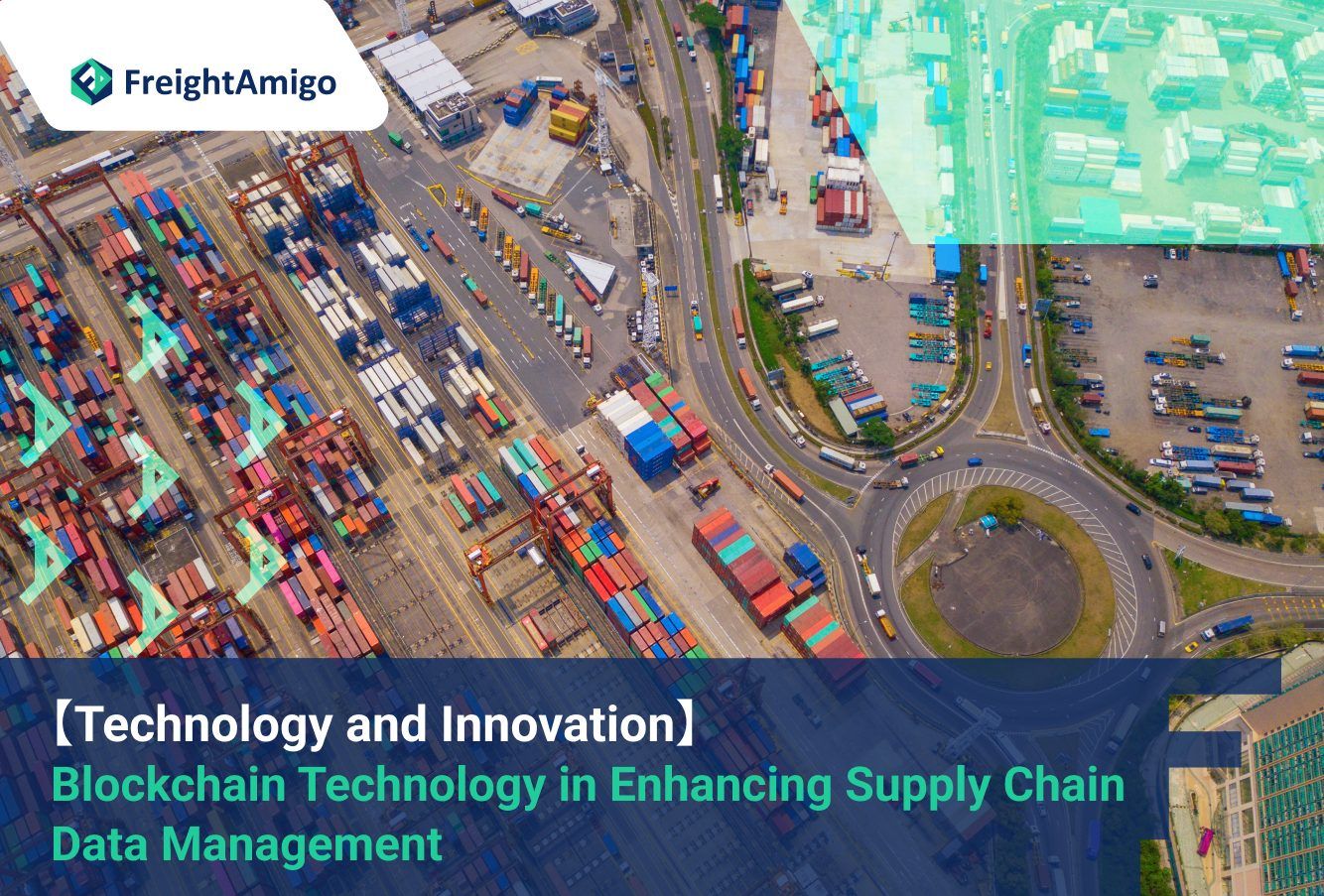Blockchain Supply Chain Data Management in 2025
TL;DR: Blockchain Supply Chain Data Management Key Points 2025
Blockchain revolutionizes supply chain data management in 2025 with immutable ledgers for transparency, traceability, and security. Discover benefits like fraud reduction, real-time tracking, IoT integration, and industry applications in food, pharma, and logistics. Overcome challenges with scalable solutions amid 2025 regulatory shifts.
What is Blockchain Technology in Supply Chain Data Management?
Blockchain creates a decentralized, tamper-proof ledger ideal for supply chain data management.
In 2025, it records transactions across networks, ensuring data integrity for global logistics.
Unlike traditional databases, blockchain's consensus mechanisms prevent alterations, boosting trust.
How Blockchain Enhances Transparency in Supply Chain Data Management 2025
Blockchain provides end-to-end visibility in supply chain data management.
- Real-time tracking from supplier to customer
- Immutable records verifiable by all parties
- Compliance with 2025 ESG reporting standards
- Reduced disputes through shared truth
- Audit trails for regulatory audits
Blockchain Traceability Benefits for Supply Chain Data Management
Traceability via blockchain transforms supply chain data management efficiency.
Goods provenance is verifiable instantly, critical for recalls in 2025.
Integrates with RFID and GPS for precise location data.
| Feature | Traditional | Blockchain 2025 |
|---|---|---|
| Trace Time | Days | Seconds |
| Accuracy | 80% | 99.9% |
| Cost | High | Reduced 40% |
Reducing Fraud with Blockchain in Supply Chain Data Management
Immutable blockchain records eliminate fraud in supply chain data management.
- Prevents document forgery in logistics
- Verifies authenticity of high-value goods
- Smart contracts automate payments
- Cuts counterfeit losses by 70% per WCO 2025 reports
- Secure multi-party transactions
Optimizing Inventory via Blockchain Supply Chain Data Management
Blockchain enables just-in-time inventory in supply chain data management 2025.
Real-time data syncs stock levels across warehouses globally.
AI predictions refine demand forecasting accuracy.
- Scan goods entry on blockchain
- Update inventory ledger instantly
- Trigger auto-reorders via smart contracts
- Monitor conditions with IoT sensors
- Report anomalies immediately
2025 Case Studies: Blockchain in Supply Chain Data Management
Real 2025 implementations showcase blockchain supply chain data management success.
- European port operator cut delays 35% with blockchain tracking
- Asian electronics firm reduced fraud via shared ledgers
- US pharma tracked vaccines end-to-end post-2025 regulations
- African coffee exporters gained premium pricing through provenance proof
- Middle East oil supply chain verified ethical sourcing
Challenges and Solutions for Blockchain Supply Chain Data Management 2025
Addressing hurdles ensures scalable blockchain supply chain data management.
| Challenge | 2025 Solution |
|---|---|
| Scalability | Layer-2 protocols |
| Interoperability | GS1 standards |
| Costs | Hybrid public-private chains |
| Regulation | EU Blockchain Act compliance |
| Adoption | Consortia pilots |
Future Trends: Blockchain Supply Chain Data Management Beyond 2025
Emerging integrations propel blockchain in supply chain data management forward.
- AI-blockchain for predictive analytics
- IoT sensors feeding live data
- Quantum-resistant encryption
- Sustainability carbon tracking
- 5G-enabled real-time logistics
FAQ: Blockchain in Supply Chain Data Management 2025
What is blockchain's main role in supply chain data management?
It provides immutable, shared ledgers for transparent tracking.
How does blockchain improve supply chain traceability?
By enabling instant verification from origin to delivery.
Can blockchain reduce costs in supply chain data management?
Yes, through automated processes and fraud prevention savings.
What industries benefit most from blockchain supply chains?
Food, pharma, luxury goods, and electronics sectors.
How does blockchain handle supply chain regulatory compliance?
Via auditable records meeting 2025 global standards.
Is blockchain scalable for large supply chains in 2025?
Yes, with layer-2 solutions and enterprise platforms.
What is a blockchain smart contract in supply chains?
Self-executing code automating payments and releases.
How does IoT integrate with blockchain supply chain data?
Sensors feed real-time data to secure blockchain ledgers.
Will blockchain impact logistics sustainability in 2025?
Absolutely, by verifying green practices and reducing waste.
What are 2025 blockchain adoption barriers in supply chains?
Integration costs and skills gaps, easing with consortia.
Conclusion
Blockchain elevates supply chain data management in 2025 with unmatched security and efficiency. For logistics experts seeking implementation, Book a Demo or contact enquiry@freightamigo.com / +852 24671689.
By: John Doe, Logistics Technology Specialist | Updated: 2025-10-27

